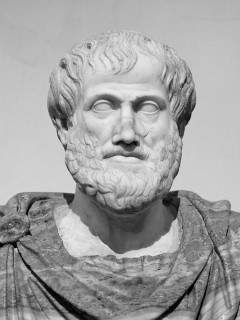
Publication details
Publisher: Nijhoff
Place: The Hague
Year: 1978
Pages: 30-50
Series: Selected Studies in Phenomenology and Existential Philosophy
ISBN (Undefined): 9789024720446
Full citation:
, "Renovating the problem of politics", in: Crosscurrents in phenomenology, The Hague, Nijhoff, 1978


Renovating the problem of politics
pp. 30-50
in: Ronald Bruzina, Bruce Wilshire (eds), Crosscurrents in phenomenology, The Hague, Nijhoff, 1978Abstract
Heidegger situates Husserlian themes within the wider context of the question of being, but he does not sufficiently consider the context of political philosophy. And even the question of being appears different if the political context is taken into account. Heidegger advances beyond Husserl by… raising the issue of pulicness in a more appropriate way than Husserl, with his stress on the discourse of science, was able to do. But Heidegger’s conception of the public is not adequate for political life; in terms of the kinds of human association distinguished by Aristotle in Politics I.2—family, village, city—Heidegger’s thoughts are most appropriate for the village, not the city. A village is not based on any kind of constitution or “social contract.”1
Cited authors
Publication details
Publisher: Nijhoff
Place: The Hague
Year: 1978
Pages: 30-50
Series: Selected Studies in Phenomenology and Existential Philosophy
ISBN (Undefined): 9789024720446
Full citation:
, "Renovating the problem of politics", in: Crosscurrents in phenomenology, The Hague, Nijhoff, 1978



